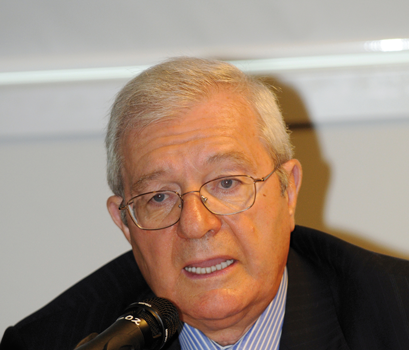Agreement between Norsk Hydro and Rio Tinto on Isal smelter fails
by Mario Conserva
The agreement between Norsk Hydro and Rio Tinto, which should have defined the purchase by the Norwegian multinational of 100% of Rio Tinto’s share in the Isal plant for the production of primary aluminium in Iceland, and other operations concerning the Dutch anode manufacturer Aluchemie and the Swedish aluminium fluoride factory Alufluor, was cancelled. As we know, a sale and purchase agreement had been signed by the two companies on June 8th, 2018, but the transaction had been linked to a series of conditions, among them the approval by European competition authorities and Icelandic government authorities. The transaction at first was meant to be finalized in the second term of 2018, but the approval procedure by the European competition commission had taken more than expected. The fact remains that, perhaps on account of too many uncertainties, the parties concerned signed a cancellation agreement. Today, the agreement having been cancelled, we can peacefully comment upon some interesting aspects. Let us recall that the centerpiece of this operation was Isal. This smelter is worth about 210,000 tons per year of liquid primary aluminium corresponding to a total casthouse production of 230,000 tons of extrusion billets meant for the European building and construction, mechanics and transportation markets. Among factors making this operation interesting, we should remember to start with the long term contract for the supply of the hydroelectric power needed by the smelter, which expires in 2036, the excellent state of the plant which benefited from constant revamping over time in its main points, from the electrolytic cells to the moulded parts foundry, and finally the excellent strategic location of the factory, with an efficient logistics and organizational structure. Undoubtedly this operation, limited though it might have been, was rich in content, and it highlighted for instance the great trust which Norsk Hydro has in the future of aluminium and the desire to uphold its role as one of the main global players in the light metal field, and this is a good sign fr he market because the Norwegian group is present worldwide and in all the aluminium market segments. The Group succeeded everywhere in integrating local experience in a global context, it always showed commitment in all fields of R&D and in promoting the industry’s social responsibility. At any rate, considering the market of the light metal in all its aspects, the possible reactions following this acquisition and the new balance of power which would have come into being, it is evident that Norsk Hydro, with a new production site for primary aluminium with duty free access to EU-28, will consolidate its dominant position in the billet market, enhancing among other things its production cost advantages as world champion in extrusion, after the recent acquisition of Sapa. These are not marginal issues, since, as we have been stating for years, the presence of an EU tariff on raw aluminium is not only an incredible contrivance, considering the growing deficit in primary metal within the union, but it is also a dangerous factor which alters the market, since it creates considerable benefits for metal manufacturers to the detriment of European consumers and processors of the metal, as clearly shown by the studies carried out by Luiss University in Rome which are thoroughly dealt with even in this issue of A&L. The reasons behind the cancellation of the operation have not been disclosed. At any rate, this sudden change of direction prevents a very serious underlying situation from getting worse; an issue for which there is a simple, safe and fast solution, namely, the cancellation of tariffs on raw aluminium, which would eliminate a serious fetter for the entire European aluminium system.

